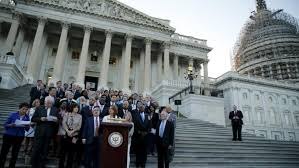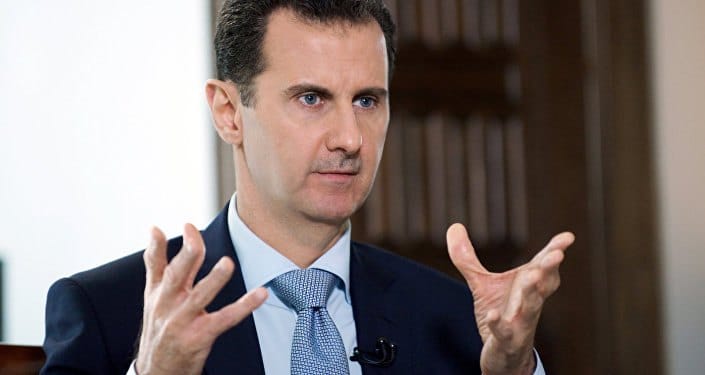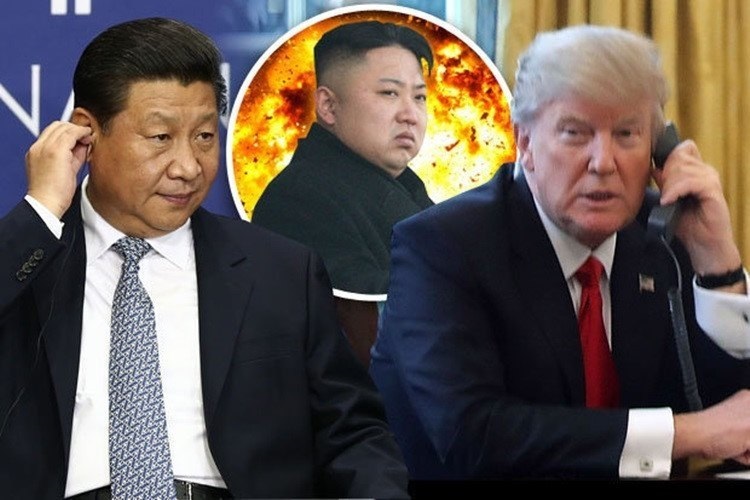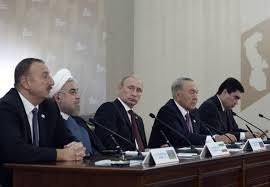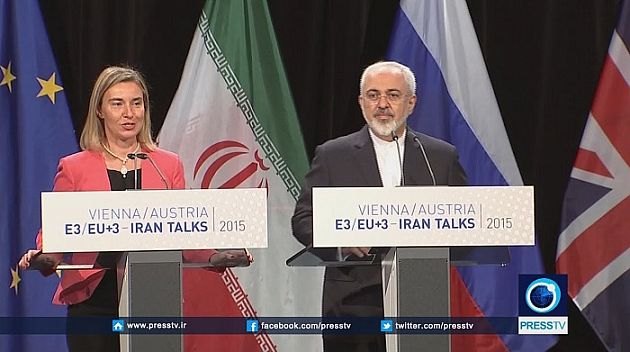Developments in Turkey’s Relations with Iraq: Tactical or Strategic Change
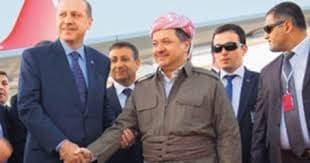
Jafar Haghpanah
After a five-year period of tension in various subjects, Ankara has adopted a conciliatory approach towards its southern neighbor the signs of which can be seen in the visit of Turkish Prime Minister to Baghdad in January.
During the visit it was announced that the parties agreed upon a number of disputed issues, particularly Turkey’s military presence in Iraq’s Bashiqa camp and achieved important agreements of political and economic cooperation.
According to AKP elite, the Islamic Republic of Iran was the main winner of the fall of Saddam Hussein’s regime that relying on its historical influence, particularly among Shiite groups in Iraq has turned that country into its sphere of influence.
Turkish Interactions and economic, logistics, media and intelligence support from Isis was so obvious that could not remain hidden from officials in Baghdad and other regional developments observers or be covered by factitive hostage taking at the Turkish consulate in Mosul.
The support of AK Party from the Kurdish leaders was so that after the capture of the cities under dispute between Baghdad and Erbil (such as as Kirkuk and Khanaqin) and the increase of the secessionist tendencies of the Kurds, the possibility of supporting the emergence of an independent Kurdistan of Iraq was mentioned unofficially by some Turkish middle officials in the media during the summer 2015.
The interventionist policies of Turkey in Syria and Iraq to contain PKK in these two countries didn’t produce desirable result and instead strengthened PKK as well as its proxies such as PYD and YPG in northern Iraq, particularly the Yezidis-living city of Sinjar in Syria.
In the new approach, instead of resorting to international organizations or trying to cooperate with the US-led Western countries, and interacting with Arab states namely the Saudi Arabia and Qatar, Turkey has tried to give priority to the cooperation with the two major influenced countries namely Russia and Iran to solve the problems of Syria.
The Iranian Foreign Ministry’s interest for mediating between Baghdad and Ankara that was requested by Iraq and welcomed by Turkey paved the way for exchanging delegations and setting the agenda for negotiation between the high ranking authorities of the two countries.
Regardless of Ben Ali Yıldırım’s visit to Baghdad, the Turkish authorities have tried to consult and interact with all Iraqi political groups and ethno-religious tribes during recent months and within the framework of hosting Iraqi figures and elites from Kurds and Shiites to Turkmen and Sunnis during recent months in order to stabilize Ankara’s role in post-Isis Iraq.
Turkish authorities try to acquire an effective interactive status in Iraq and Syria as well as in the field of combating Isis and while keeping the position of partnership with the US, reduce the differences between Ankara and Washington occurred during Obama Administration and at the same time find a way to decrease their main security concern which is the issue of Kurds in which they maintain serious disagreement with Trump Administration.

